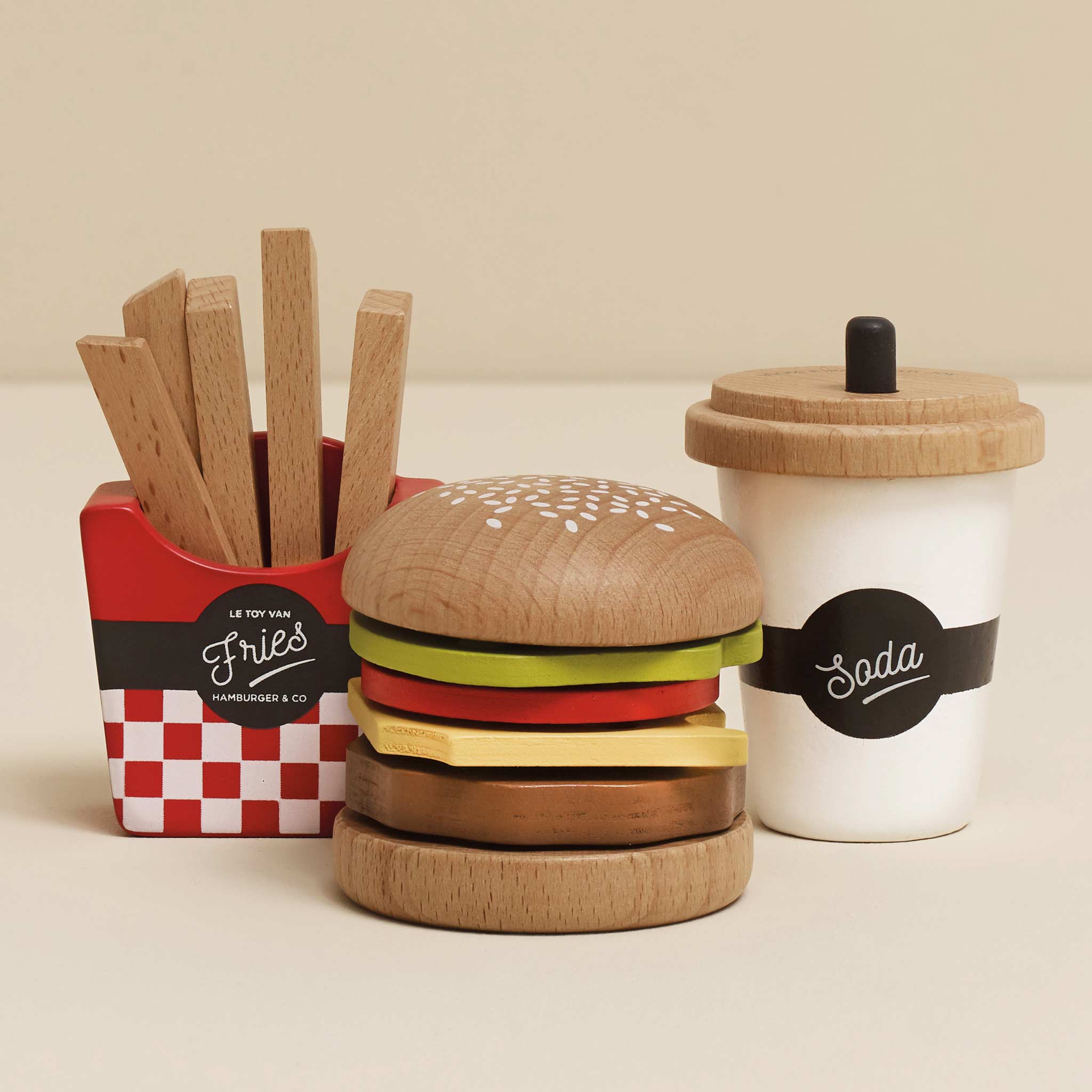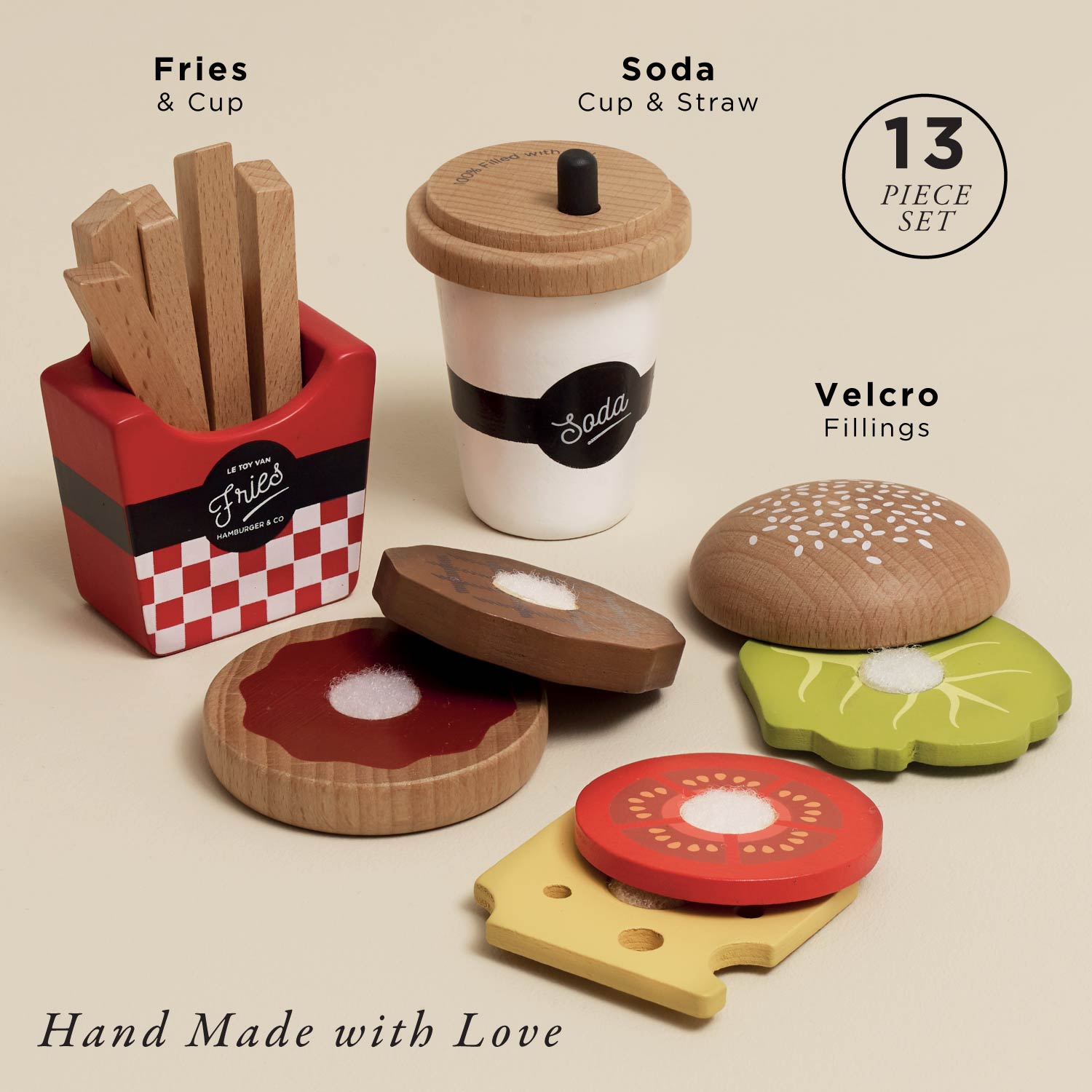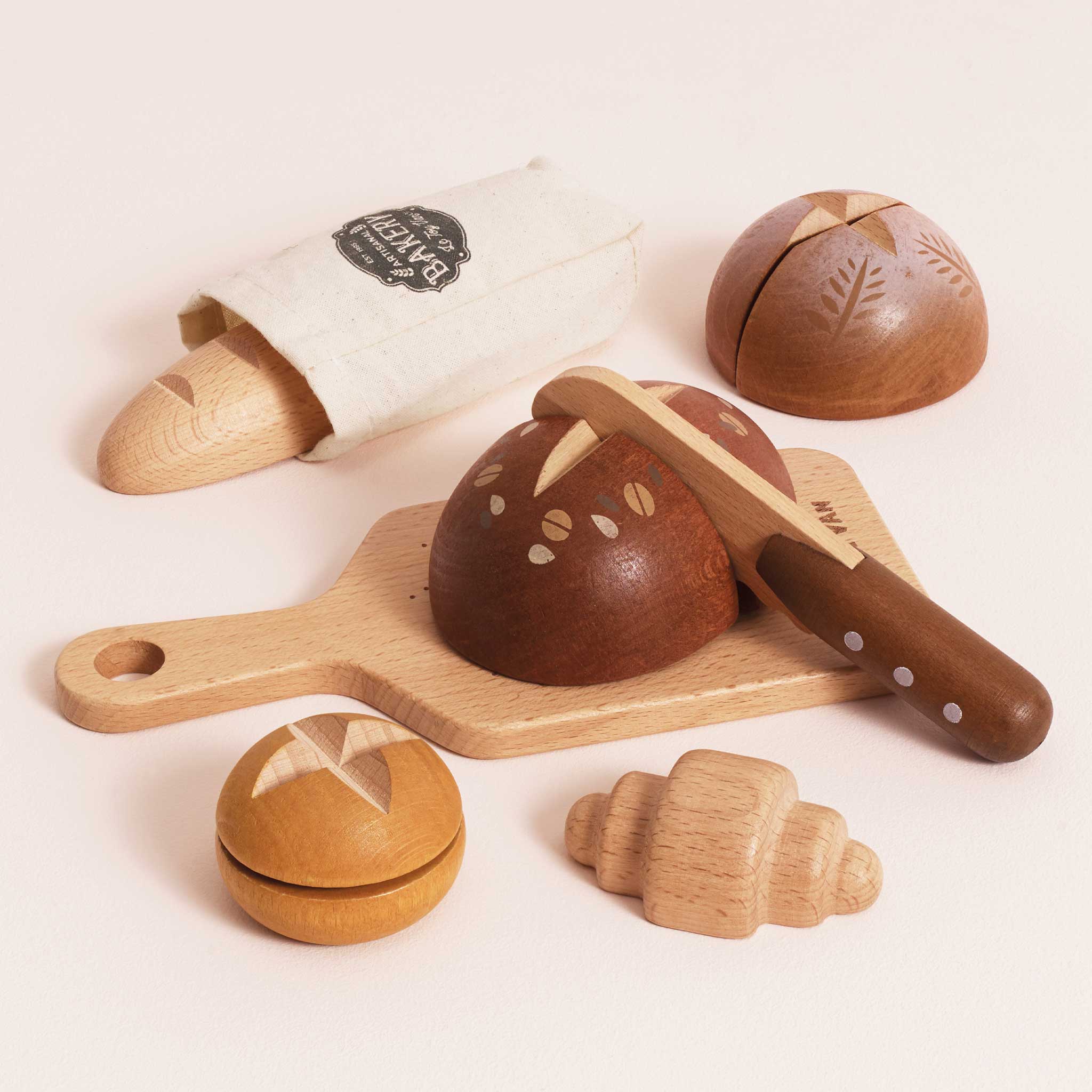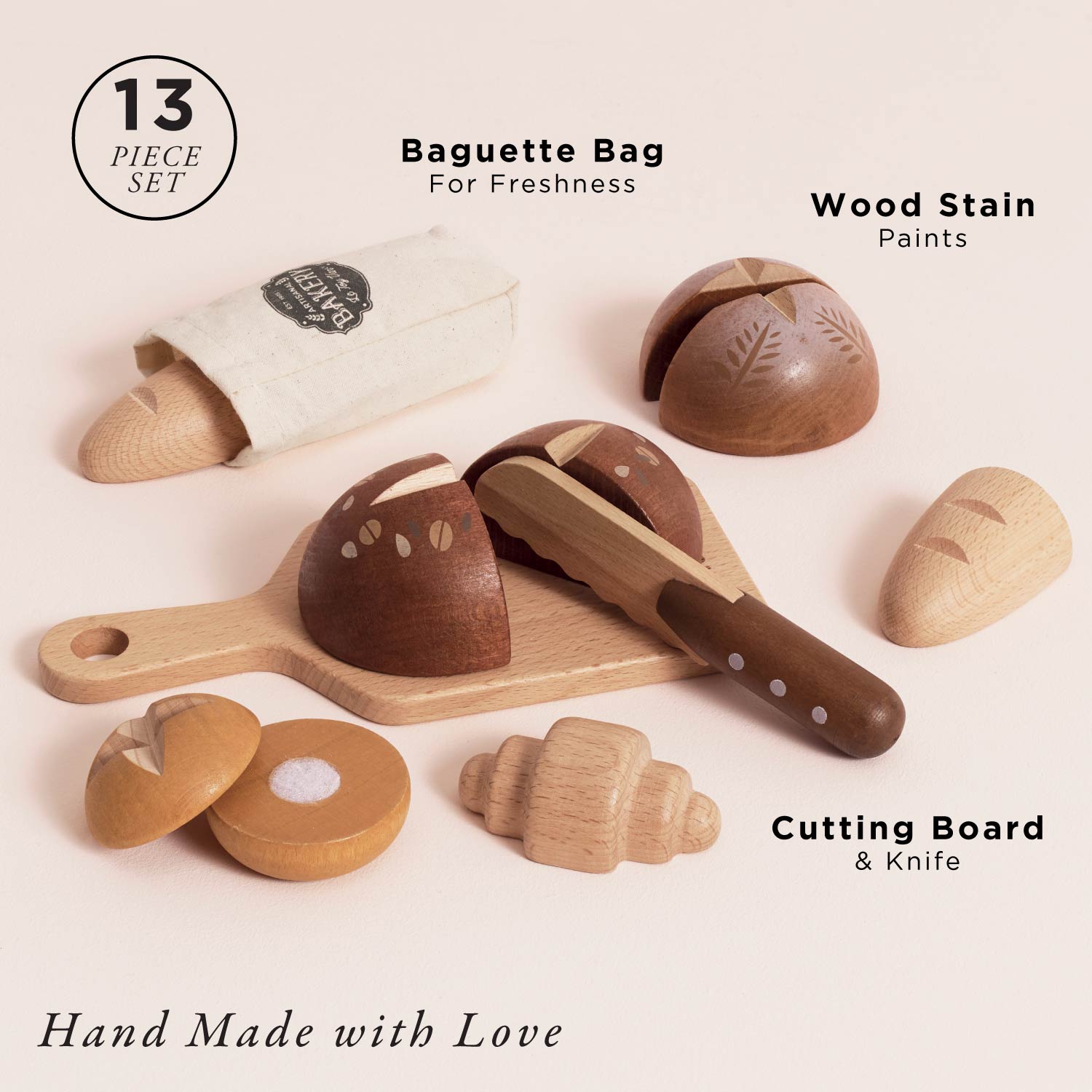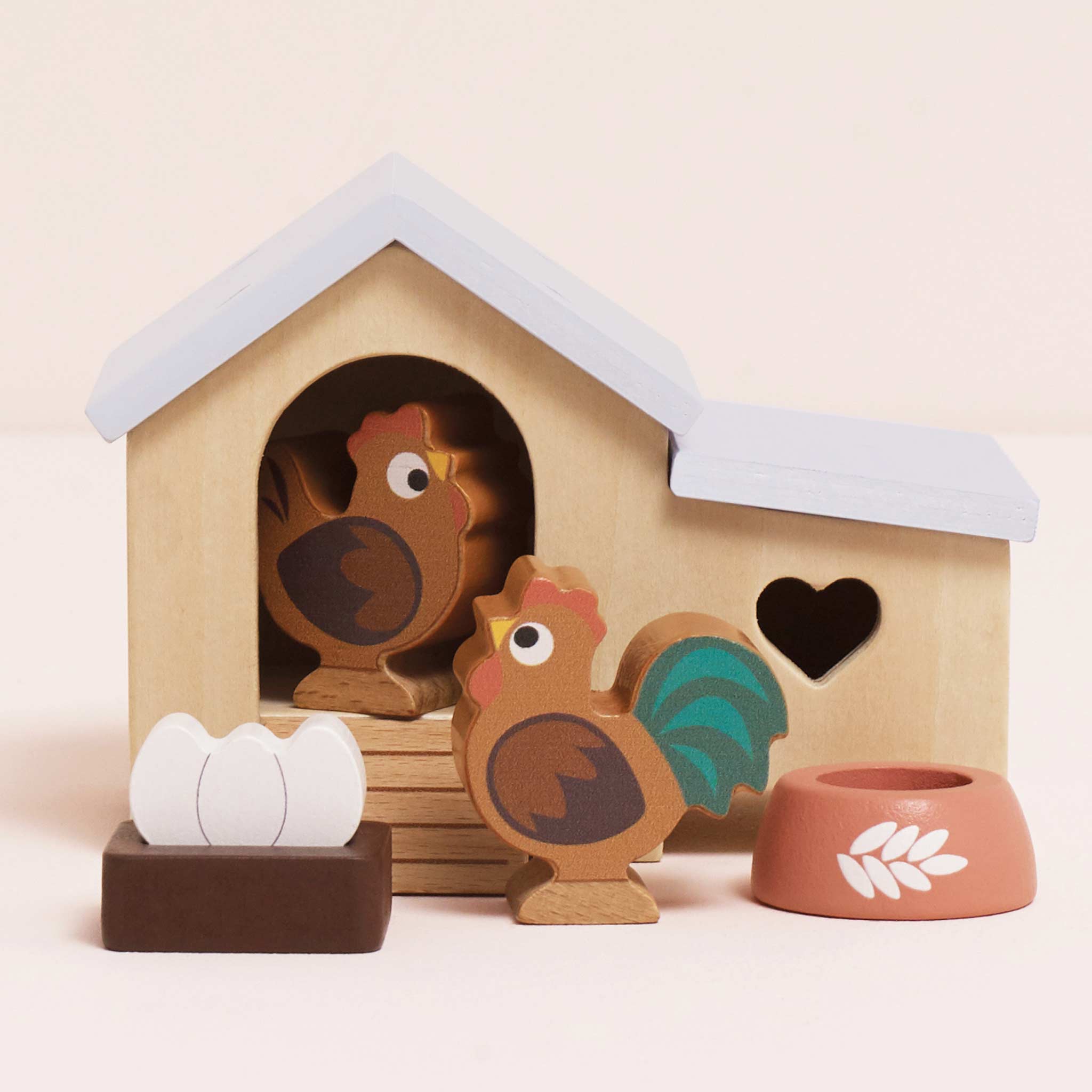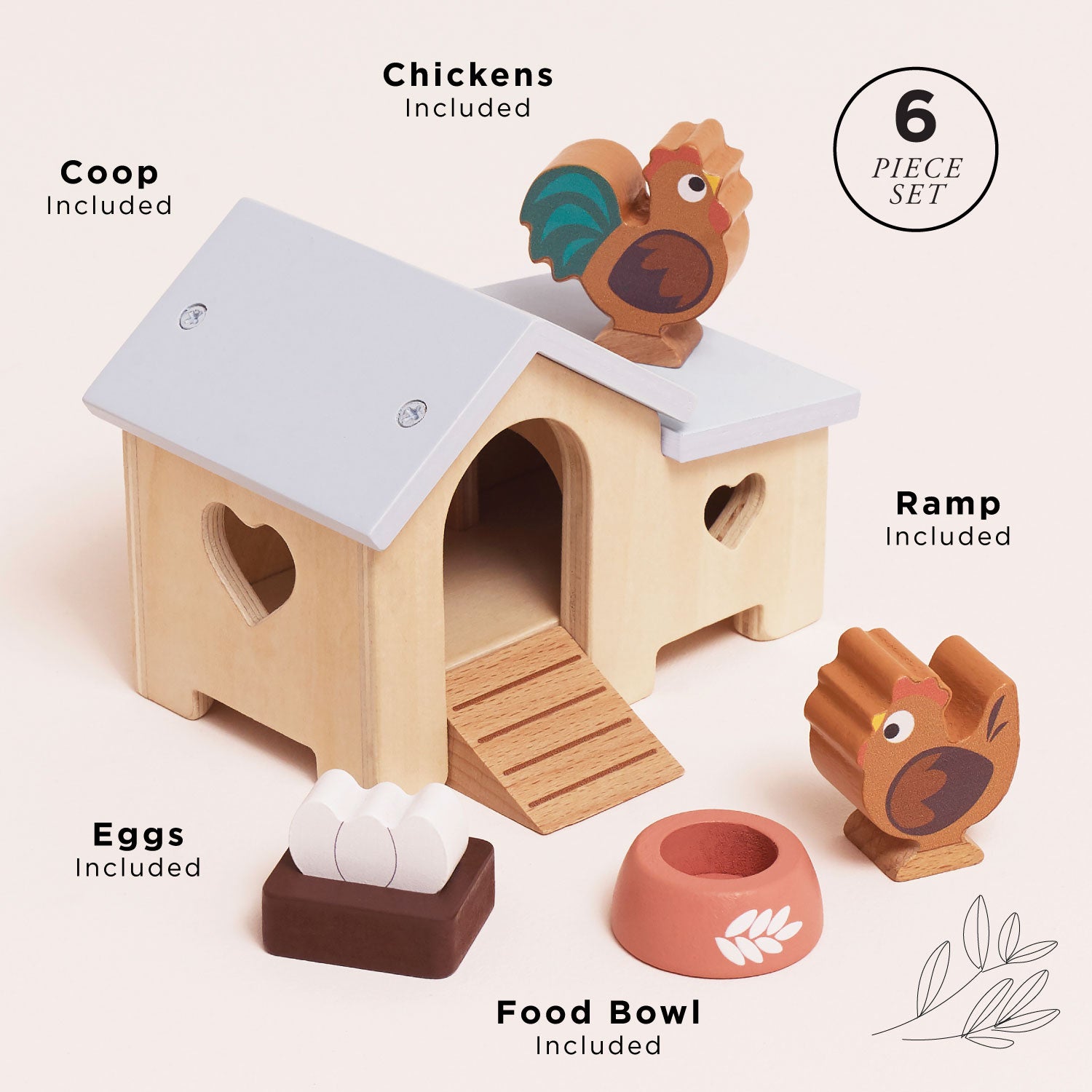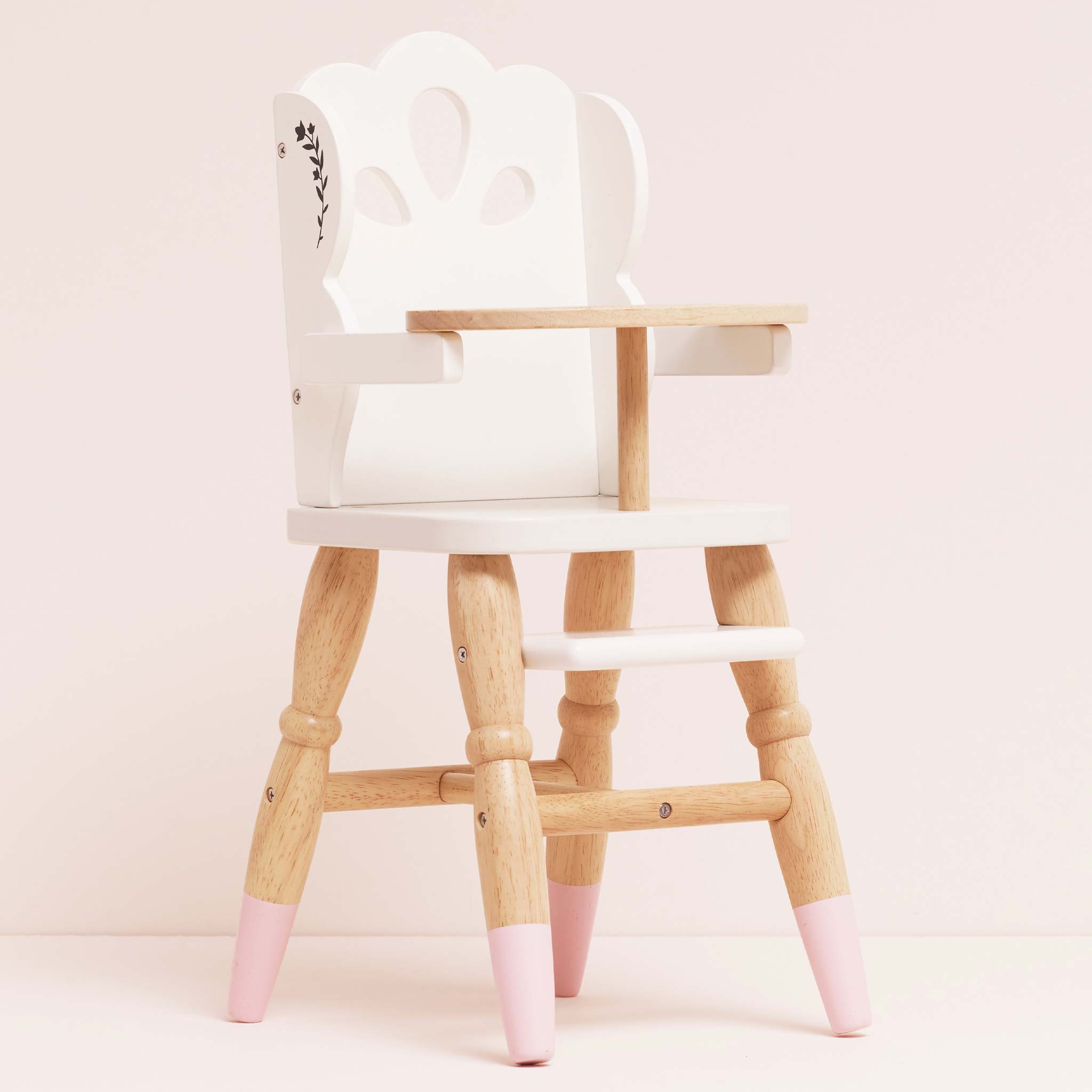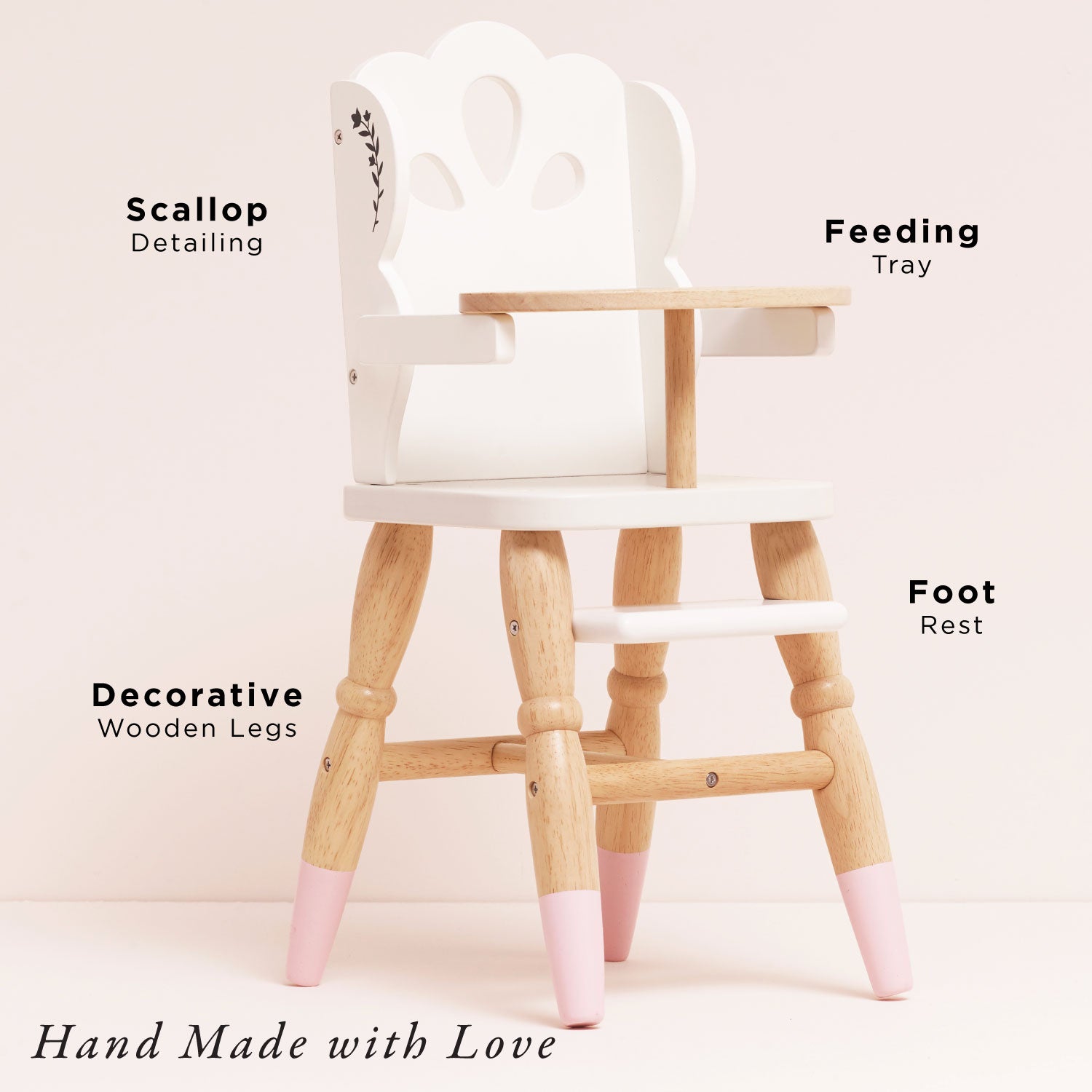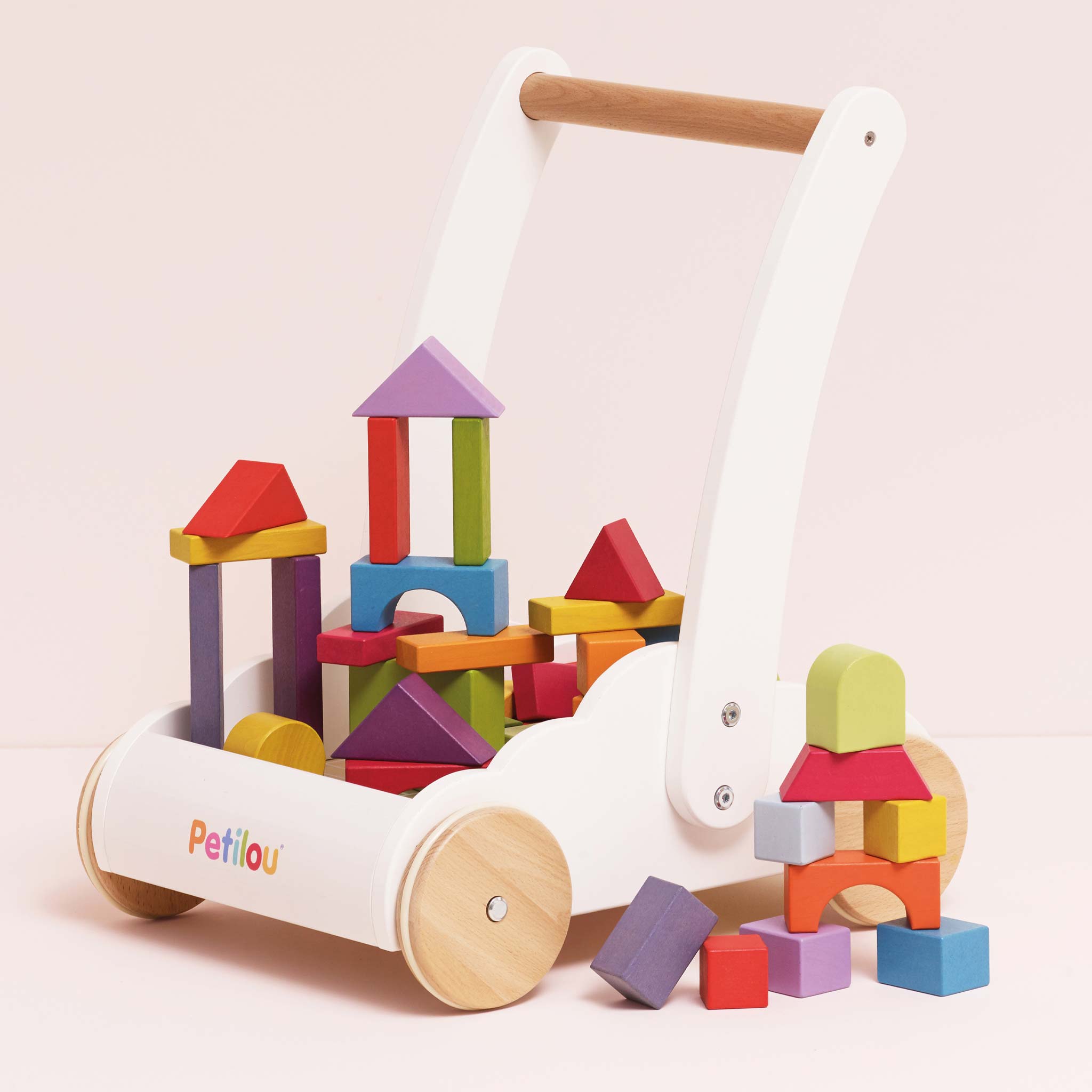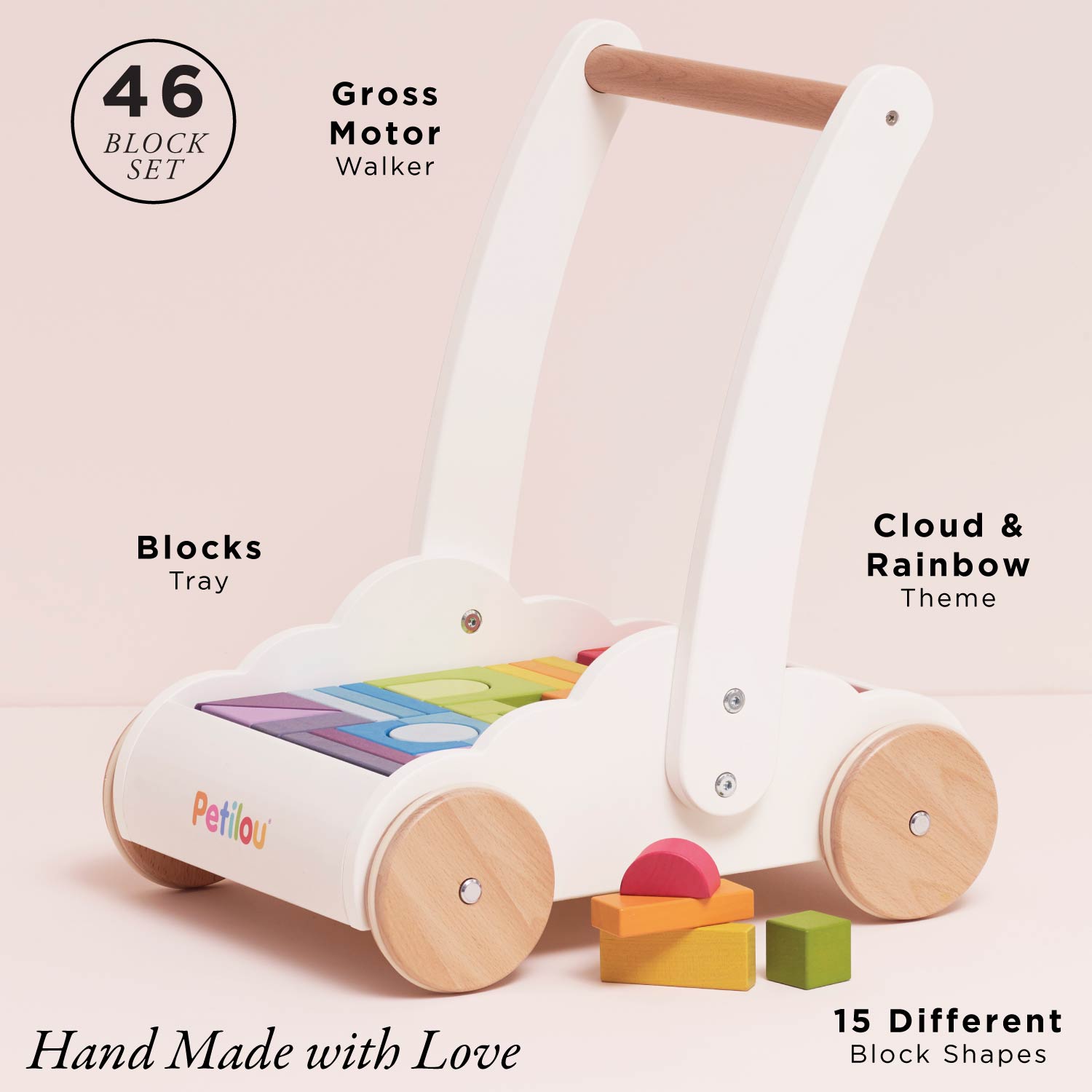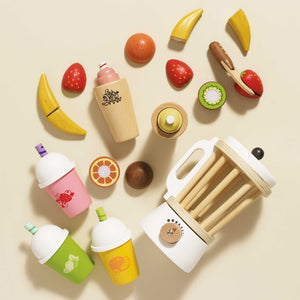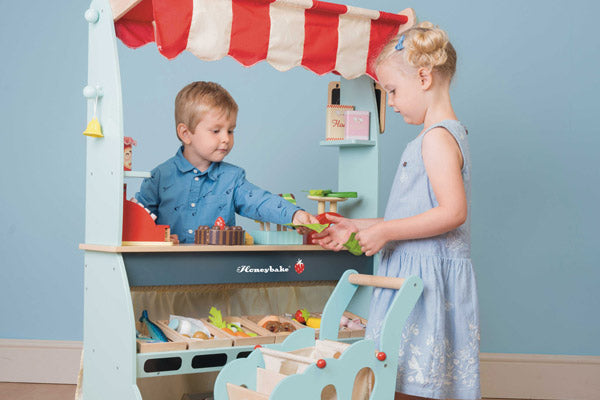A traditional toy is typically thought of as non-electronic, made from materials such as wood or other types of natural fibres, and often handmade. Examples of popular types of traditional style toys include dolls houses, play kitchens or work-stations shops, garages, cars, trains, shopping carts and more. This type of toy has long been popular with children right across the globe. In recent years however, the rapid growth in the production of electronic toys and devices, has in some households, meant that traditional toys have been somewhat side-lined.
Whilst such toys and gadgets arguably boast their own merits, a growing number of parents and care providers are becoming increasingly aware of the numerous benefits offered by traditional toys, and as such, seek to ensure that their children have the right tools to be able to engage in productive play which supports their psychological and physiological developmental needs.
Is Play Important?
Play is an essential part of child development, something which is universally shared by all children, regardless of their cultural, social, and economic background. It helps towards the development of cognitive and motor skills, as well as helping to socialise and support emotional wellbeing.
Play is the main occupation of pre-schoolers and should be understood as a brain building activity rather than merely a way to pass the time of day. It helps children work towards their developmental milestones and at the same time, increases confidence, creativity and building of the imagination, whilst offering much needed fun and enjoyment during childhood. It is an integral part of the early years foundation stages and supporting many essential social development skills such as communication and turn taking, compromise, sharing, collaboration, as well as language and numerical development.
The Benefits of Traditional Toys
Improved Cognitive Abilities
Traditional toys offer an opportunity to stimulate cognitive development. Many involve some type of constructive play which support and reinforce numeracy and or, literacy skills for example, wooden building blocks via number, letter and shape recognition which enhances counting and vocabulary building.
Creative Thinking
The use of traditional toys also prompts greater creative thinking and free play where children use toys and other additional props to create imaginative scenes. A toy such as the doll’s house, for example, lends itself to a wide range of possible play scenarios engaging vivid use of the child’s imagination with the capacity to offer a soothing and mindful activity.
Language and Communication Skills
It appears that traditional toys have a positive effect on communication between parents and infants. A recent study investigated whether the type of toy used had any impact on parent to infant communication. Results showed that electronic toys resulted in the exchange of fewer words between the child and care provider, meaning that there is less interaction between parents and their children and less engagement in their play.
Many traditional style toys support interactive play and social skills such as communication and turn taking – when playing together, children learn to compromise, share, and collaborate as well as developing their language and communication skills.
Physical Activity
There are many ways in which children may engage in play with traditional toys, some of which include active play involving physical movement, helping with balance, coordination, as well as providing an outlet for excess energy.
Emotional Support & Enhanced Empathy
Traditional toys typically relate to real life scenarios and vocations such as a doctor, a shop keeper and so forth, allowing children to indulge in pretend play where they create imaginary worlds. This type of play often requires the child to put themselves in the place of another person, and to try and imagine how this person would potentially react within different situations, helping to foster empathy, by encouraging children to imagine other people’s points of view.
Playing with other children as previously noted, also helps to develop social skills such as cooperation and turn taking, which also nurture empathy and understanding for others, as well as helping the child deal with their own frustrations and emotions when play does not go exactly as they wished.
Play with traditional toys can help children to understand their surroundings and the world around them within a safe space which also provides an opportunity to vent any frustrations they may have and relieve stress.
Family Bonding
Traditional toys provide the ideal tools for interactive play between parents and care providers – this helps to build relationships and bonds, providing greater enjoyment and feelings of enhanced wellbeing and security for the child.
Durability
Wooden toys are generally more durable than their counterparts and are built to withstand the test of time, able to stay in the family for several generations.
An Ethical Choice
A well-sourced wooden toy is also an ethical choice, choosing a product made from a sustainable source helps to protect the environment and the local economy. The use of natural materials also makes a clear connection to nature, which can be identified by the child.
Our Toys
Le Toy Van is a family run organisation specialising in the design and development of unique, ethically made wooden toys which support the developmental phases of the early years. For more information on our award-winning range of traditional wooden toys, explore our website, watch our product videos or view our online catalogue.
